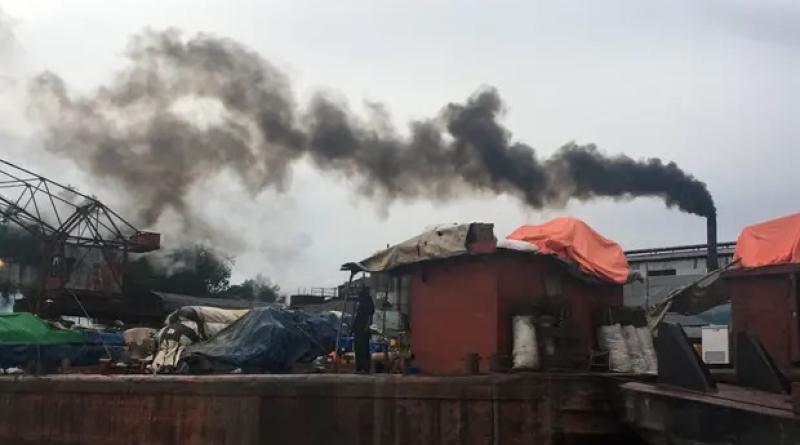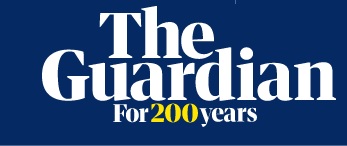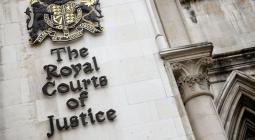UK government under fire for investing overseas aid in fossil fuel firms

The UK government is under attack for investing taxpayers’ money in fossil fuel companies, a hospital in Kenya accused of imprisoning patients who couldn’t pay for treatment, and a business in the Democratic Republic of the Congo that exposed workers to dangerous chemicals and dumped untreated industrial waste.
MPs questioned the investments at a two-hour session in parliament on Tuesday, and excoriated Andrew Mitchell, minister for development, for making overseas aid available to a company owned by Africa’s richest man that is suspected of causing serious environmental damage.
The investments made by British International Investment (BII) – which is owned by the Foreign, Commonwealth and Development Office – are worth tens of millions of pounds.
BII was set up to provide funds to “solve the biggest global development challenges”, such as the effects of the climate crisis and unemployment, and to reduce poverty in Africa, Asia and the Caribbean, according to its website.
Six months into his role as minister for development, Mitchell set out his vision for the future of development when he put BII “at the very forefront” of development finance.
However, MPs on the international development committee said the BII holds at least 20 investments in fossil fuel companies, as revealed by Open Democracy last year. It has invested, through a third party, in Dangote Industries, owned by Africa’s richest man, Aliko Dangote.
Mitchell said: “The fact that Mr Dangote is a wealthy man does not obviate our ability to do business with him and drive forward investment. If he is co-investing with BII in industry, the fact that he’s rich seems to be quite encouraging.”
But Sarah Champion, chair of the international development committee, condemned the investment: “This is development money. This is meant to be pioneering money that attracts other investors but it shouldn’t be used to partner up with very rich people in the beginning,” she said.
Dangote Industries is a business conglomerate that owns Dangote Cement, Africa’s leading cement producer, and runs the “largest coal mining” operation in Nigeria.
A 2019 report commissioned by the climate organisation 350.org raised concerns that the company’s mining activities had led to the contamination of soil and drinking water for local communities.
MPs questioned how investments in companies that are big polluters were in line with the Paris agreement in 2015, that the UK signed, pledging to keep global heating at or below 1.5C before 2030.
“Investments were made according to instructions from the shareholder at that time,” said Mitchell. “I cannot tell you whether they would be allowed today.”He added: “We expect all investments to comply with the Paris agreement.”
MPs also criticised money given to China National Investment and Guaranty Corporation which, they said, has links to China’s belt and road initiative, a plan to develop two new trade routes connecting China with the rest of the world. The project is treated with suspicion in the UK and other countries, including the US, and is “causing grave concern in terms of future security” for the UK, according to Chris Law, a member of the international development committee.
MPs asked about investments made in Feronia – a palm oil business in DRC accused of various human rights abuses and that exposed workers to dangerous chemicals and pesticides, and dumped untreated industrial waste. Mitchell admitted it was “an extremely complex and difficult investment” that he believed BII no longer had.
They also questioned BII’s investment in a Nairobi women’s hospital that has been accused of detaining patients who couldn’t pay bills and charging women living in poverty more than £1,300 to give birth. Mitchell told the committee there had been “a significant issue”, but that “steps had been taken to put it right”.
Both of these situations were uncovered by journalists or charities, said MPs, raising questions about safeguarding and transparency.
“Obviously we strongly encourage scrutiny,” Mitchell said. “I hope we will be able to do more to underline the importance of transparency.”
cover photo A palm oil mill on the Congo River. MPs questioned investments in Feronia, a DRC palm oil firm accused of exposing workers to dangerous chemicals. Photograph: Luciana Téllez/Human Rights Watch




